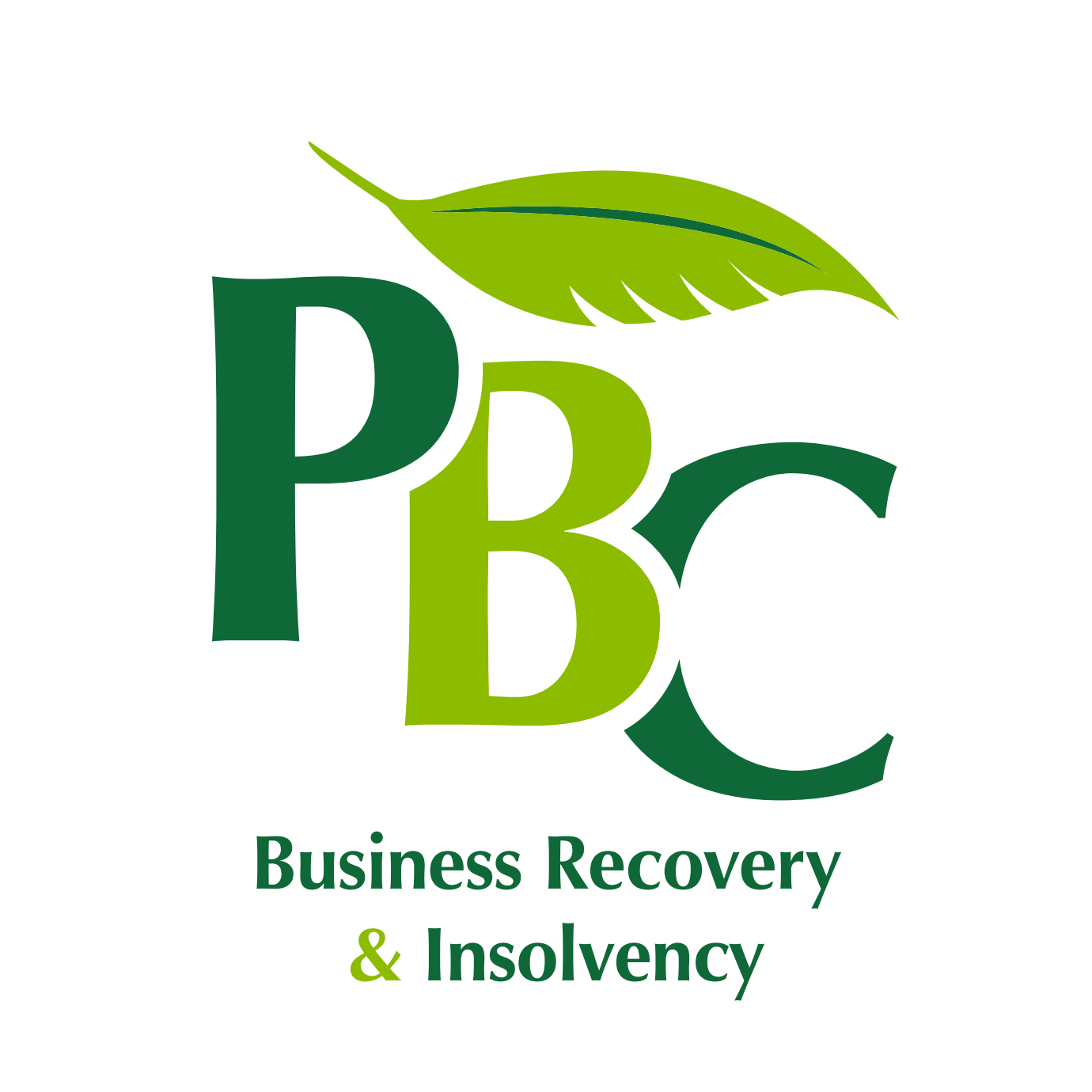Can a director be held personally liable for the debts of their company? The immediate reaction will probably be, “No” although that is not entirely accurate.
Generally, a director can be found personally liable for:
- Debts where they have given a personal guarantee.
- They have borrowed company money for personal use, creating an adverse loan account.
- They are found guilty of malpractice (which causes a loss to the company) including any actions that place company assets out of the reach of creditors.
However, a question that often arises is when directors are looking to re-start trading with a new company and whether they use the current company name for their new enterprise. As we all appreciate, the company name can be your brand, it is what your customers are attracted by and so therefore may carry a value.
Section 216 Insolvency Act 1986 (“The Act”) states that the name of a company in insolvent liquidation becomes a prohibited name. That also goes for a trading name or a name that is so similar that it may cause confusion to the public. This restriction only applies to those people who were directors (or “shadow” directors) of the liquidated company in the 12 months leading to liquidation AND who become directors of a company with a prohibited name within 5 years AFTER the liquidation date.
Section 217 of the Act then gives rise to personal liability following contravention of re-use of a prohibited name, as well as criminal sanctions including potential imprisonment.
In the recently reported case of PSV 1982 Ltd v Langdon [2021] EWHC 2475 (Ch) it was held:
- the effect of section 217 of the Act is that establishing the company’s liability (through proceedings or otherwise) makes a defaulting director automatically responsible. It is not necessary to bring separate proceedings against a defaulting director; and
- ‘liability’ as defined in section 217 means an obligation to pay a sum of money. The relevant liability was incurred when the contract was breached, at which time [the director] was in breach of section 216 and therefore personally liable.
The Claimant in the above case (PSV) were seeking recovery of some £1.4 million inclusive of costs and interest and, while the decision is likely to be appealed on a couple of technicalities, it serves as a stark warning to directors.
So, if a director was planning to start afresh what should they do when it comes down to the name? Well, they can always steer clear from the prohibited name completely. While this may cause some communication issues with customers, it certainly avoids any threat of breaching section 216 of the Act.
However, if the name (or something very similar) is needed then there are exceptions where permission can be obtained (prior to using the name) and readers are advised to take independent advice from an insolvency practitioner and/or solicitor who practices in the insolvency field to ensure you (a) meet the requirements for an application to use the name and (b) what the defined steps required consist of to ensure you do not become another Mr Langdon.
The number of “Phoenix” insolvencies is increasing and, it therefore follows, so does the exposure to breaching section 216 of the Act. That company name could be seen as a precious commodity. However, it is clear it can also become an expensive and personal liability.
Should you have an insolvency-related issue then please contact Gary Pettit at PBC Business Recovery & Insolvency on (01604) 212150 (Northampton office) or (01234) 834886 (Bedford office). Alternatively, you may send an email to garypettit@pbcbusinessrecovery.co.uk or access our website at www.pbcbusinessrecovery.co.uk

